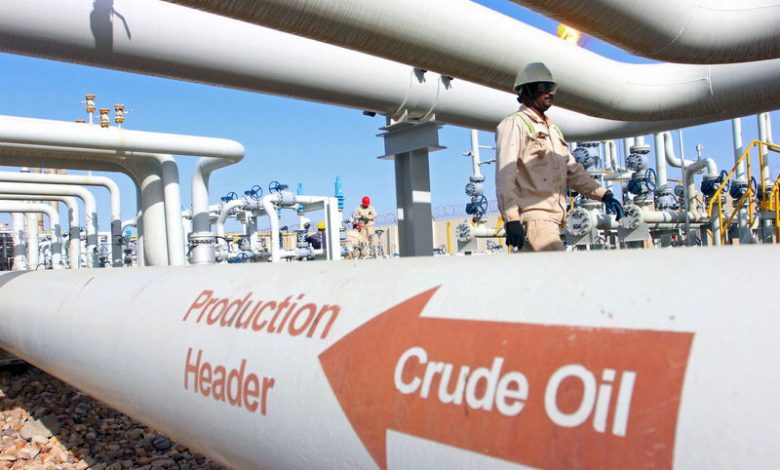
Upside Risks to Crude Prices Have Increased: BCA
Investing.com reports that analysts at BCA Research have noted an increased risk of a price spike in oil. Although BCA anticipates a cyclical decline in crude prices over the next six to nine months, the current market landscape is filled with uncertainties that may drive prices higher in the short term.
Geopolitical tensions, particularly the intensifying conflict in the Middle East, are heightening supply-side risks, making market participants acutely aware of the potential for a supply shock.
The recent surge in oil prices is primarily linked to concerns that the ongoing conflict could expand into regions significant to oil production. According to BCA analysts, there are indications that Israeli officials are contemplating a strike against Iranian oil facilities, which could receive support from the U.S.
This threat of disruption arises at a time when the Middle East contributes a significant portion of the world’s crude supply, sparking fears of infrastructure being targeted in any future retaliatory measures.
Nevertheless, BCA Research points out that OPEC+ still possesses sufficient spare capacity to mitigate any temporary supply disruptions. Major producers in the group have been limiting their output, but they may be inclined to increase production to stabilize the market if needed. For example, Saudi Arabia has indicated it might boost its production to maintain its market share, particularly if other OPEC+ members do not comply with production quotas.
Even with the looming risk of a supply shock, BCA cautions that any short-term price increases may not be sustainable. OPEC+ has both the capacity and the incentive to restore its withheld production, potentially offsetting any geopolitical supply disruptions. Additionally, if the conflict in the Middle East does not cause significant or lasting damage to oil infrastructure, the resultant price spikes may be temporary.
On the demand front, BCA remains skeptical, projecting a decline in global oil demand in light of an anticipated economic downturn. While policy easing from major central banks may provide some limited support, it is unlikely to significantly increase oil consumption in the near future. Furthermore, China’s economic recovery, which is crucial for global oil demand, is expected to lag, further diminishing the chances of a sustained increase in crude prices.
 GOOGL
GOOGL  META
META 


